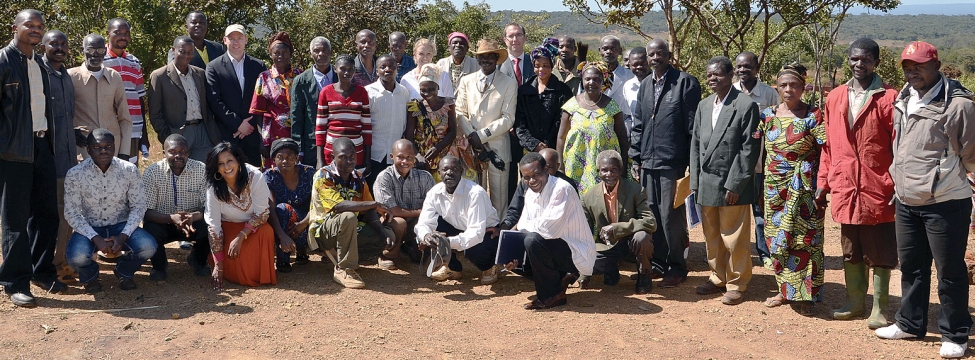To serve you better, our new website displays information specific to your location.
Please visit the site and bookmark it for future use.
Is early stakeholder consultation sometimes too early?
Effective stakeholder engagement requires communicating with stakeholders early in the decision-making process to foster constructive relationships, provide opportunities for collaboration and facilitate stakeholder’s ability to participate early in decisions that may affect their lives. Providing proactive and transparent information to stakeholders early also reduces risks of rumour, speculation, misinformation and media sensationalism. However, releasing incomplete or unverified information too early in a process can have the opposite effect. The premature release of information can generate inaccurate perceptions, fears and expectations and often expose companies to public mistrust, outrage and fear, anti-development campaigns, government scrutiny and negative press.
SRK believes that while early engagement is the correct principle, not all stakeholders need to be engaged early, or at the same time, or to the same level of detail. In our experience, early stakeholder engagement is most effective when rigorous stakeholder analysis produces a clearer understanding of the level of their interest and influence. The earlier stakeholders with a high level of interest and/or influence are included in an engagement process, the more likely it is significant issues can be addressed and opportunities for partnering and collaboration identified, and this should be an explicit objective of engagement with such stakeholders.
SRK’s recent experience on two controversial projects in South Africa demonstrates the importance of determining which stakeholders to engage early and what information to disclose. These projects included the development of engineering solutions to the acid mine drainage (AMD) challenge produced by potential acid decant from historic underground gold mines in the Johannesburg area, and the development of a stakeholder engagement plan to deploy South Africa’s carbon capture and storage (CCS) strategy.
In both of these projects, SRK identified stakeholders with a high level of interest and influence to establish Stakeholder Committees and engage them at key project milestones. In the AMD project, the composition of a committee purposefully involved environmental activists and whistle-blowers to leverage their creativity and passion for the cause in finding a solution to the AMD challenge.
Similarly, deploying CCS in South Africa, which involves injecting carbon into the sub-surface, is controversial because of its perceived similarities with fracking. Having acknowledged that stakeholders should be involved as early as possible, key stakeholders in government, industry and NGOs were engaged to gather their views and perceptions on CCS, its impacts and likely stakeholder concerns and improve understanding of CCS.
In these complex and controversial projects, early engagement with selected stakeholders focused on ensuring a clear understanding of the project objectives. It minimised the risks of derailing the project and increased the likelihood of partnerships in decision making.
Vassie Maharaj: vmaharaj@srk.co.za
Briony Liber: bliber@srk.co.za
|
You can download a PDF of the entire |
PDF A4
|
PDF Letter
|
|
|
|
Our newsletters focus on specific areas of interest to earth resource professionals and clients. Each is available as an Adobe Acrobat PDF file. If you don't already have Adobe's PDF reader, you can download it free.


